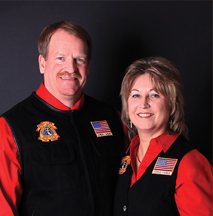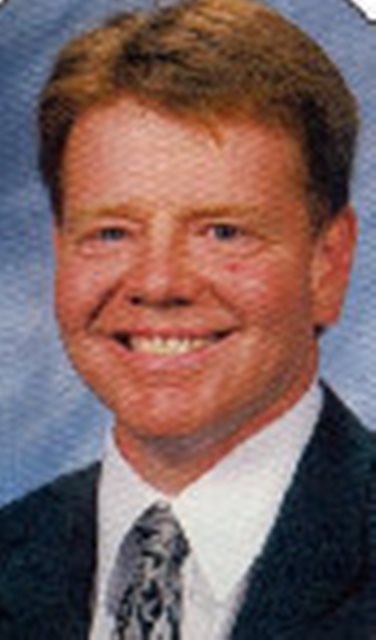By Jeff Brumley
Nine dead, 18 injured, 170 arrested — and a sullied reputation for motorcyclists everywhere.
At least that’s how some have interpreted the May 17 shootout between motorcycle gangs in Waco, Texas.
But Baptists who love riding say they were appalled by the melee and said it casts a grossly inaccurate picture of most bikers.
Yet others were surprised to learn about the violence because their encounters with some of the most notorious motorcycle clubs have consistently been peaceful.
“I’ve met Hells Angels, but that was nothing less than positive,” said Bruce Heilman, the 89-year-old University of Richmond chancellor known for his annual, cross-country motorcycle tours promoting veterans causes.
The Angels were one of five known biker gangs reported to be on the scene of the shootings at the Twin Peaks restaurant. Others included the Banditos, the Cossacks and the Scimitars, according to media reports.
But such clubs represent only a tiny percentage of riders who take to the road for a variety of positive reasons, said Randal Tebeau, a Savannah-area Baptist minister.
“We are folks interested in motorcycles and we give folks an opportunity to take what they enjoy doing and do some ministry,” said Tebeau, national evangelist of the Southeast for the Christian Motorcycle Association.
‘It does open some doors’
The CMA is the largest Christian motorcycle group in the United States, with chapters across the nation and in 35 other nations.
The kinds of bikes its members ride vary greatly as does the commitment to riding. But all are devoted to sharing their faith with riders and others encountered on their journeys, Tebeau said.
“The side purpose is that we enjoy riding,” he said.
The motorcycles and the CMA logo on T-shirts and vests spark a lot of curiosity on the road.

“It does open some doors,” Tebeau said. “Some say, ‘I ride and didn’t know Christians rode.’”
The organization and its members often function like chaplains for other riders, including conducting weddings, funerals and bike blessings, Tebeau said.
“But we don’t take the place of the church,” he said. “Our members are plugged into churches and we don’t talk doctrine.”
‘Why did that happen?’
Even smaller groups report being much further from the world of motorcycle gangs glimpsed in Waco.
That describes the group of 12 to 15 from Salem Baptist Church in Sparta, Va. Pastor Kevin James says they are casual riders who invite people from the periphery of church life along with them.
On Sunday afternoons they may ride out to an ice cream shop and every once in a while they’ll schedule an overnight trip, James said.
On other days they will participate in charity rides, perhaps to raise money for someone who has cancer.
And it’s the fellowship on the rides that is just as important for the causes supported, James said.

“Guys who typically wouldn’t hang out … will stop and chat along the way, sometimes talking about nothing, sometimes about something important,” he said.
And Waco?
“Most of our guys looked at it and thought ‘why did that happen?’”
Groups like the one that ride from Salem Baptist are just guys who like to ride, James said.
“Versus bikers, which is a whole subculture and world,” James said. In those clubs “you have to fold your vest up just right and not cover your colors [patches] — we don’t have any of that.”
‘On people’s minds’
Heilman has worn the patches of the Marine Corps motorcycle club and other veterans groups while putting 52,000 miles on his current motorcycle during tours that included Alaska and Hawaii.
“And I have never encountered a rider who was anything but accommodating and friendly,” said Heilman, who often rides locally with the First Riders of First Baptist Church in Richmond.
More than anything else, Heilman said he has experienced a camaraderie with other riders during his travels.
“Those motorcycle clubs have territories and they will challenge you, but no one has ever challenged me,” he said.
Just this week, Heilman completed a 34-day, 6,000-mile trek marking the 70th anniversary of the end of World War II. The journey took him to Texas and also to Waco — which he left just days ahead of the shoot-out.
He was still in Texas during the event and was asked by several people if he was glad not to be in Waco.
“It was on people’s minds,” he said.
